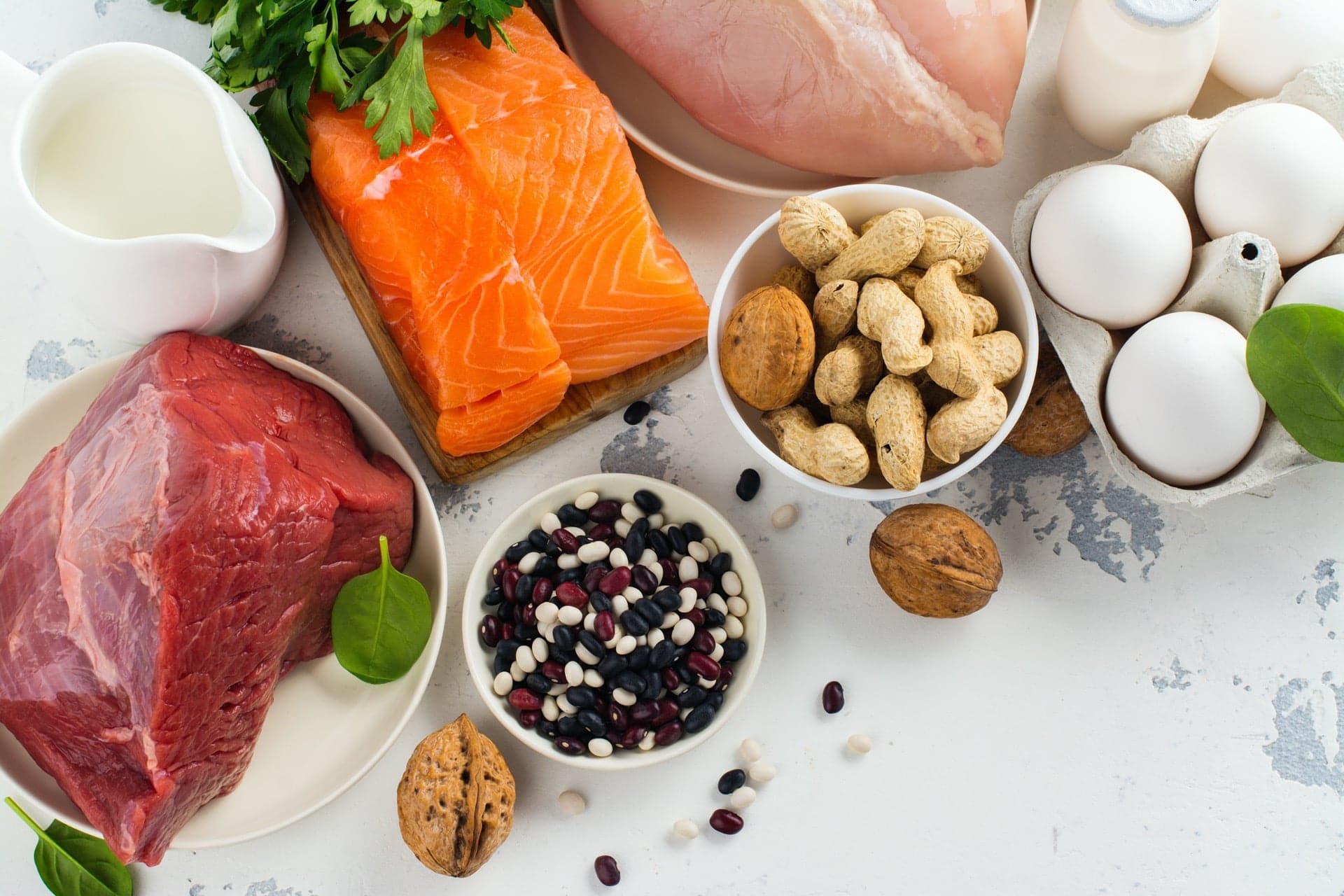Promoting Body Balance
Every whole food source provides our bodies with various nutrients. We need these nutrients not only in sufficient amounts, but also in the proper ratio to each other, as they often work together. For example, vitamin C enhances the absorption of iron from plant-based foods. Fortunately, it is easy to get enough vitamin C from vegetables and fruit in your diet, so there is no need to take a supplement!
Some nutrients act as limiting factors or co-factors in metabolism. If we are lacking a co-factor, it prevents us from utilizing other nutrients. An important example is magnesium, which is essential for the metabolism of phosphorus, calcium, potassium, sodium, B-complex vitamins and vitamins C and E.
Another important example is saturated fats, which act as carriers for fat-soluble vitamins like A, D, E and K, and are needed for the uptake of calcium into bone. Unfortunately, decades of promotion of a “low fat, no fat diet” by the mainstream food industry has led to a deficiency of healthy fats in the diet of many Americans, contributing to the current epidemic of obesity.
Striving for Nutrient Density
So, how can we avoid common nutrient deficiencies? Eating nutrient-dense whole foods is the best way to ensure you are getting as much nutrition as possible from what you eat. While supplements and herbs may be recommended for specific health needs, start with what foods you put on your plate!
Essentially, a nutrient-dense, whole-foods diet means eating lots of vegetables, some fruit, and a small but adequate amount of high-quality meat or seafood. Grains, dairy and legumes are optional food sources, and lack the nutrient density of vegetables, fruit and meat. While whole grains, dairy and legumes are fine for some folks, they can contribute to health problems for others.
A good general rule of thumb is to make sure you are:
- eating nine servings of vegetables and fruit per day, including at least six servings of vegetables (serving size unlimited on veggies!)
- eating two to three servings (4 to 6 ounces per serving) of complete protein (e.g., meat, fish, poultry, eggs)
- consuming optional grains, dairy and legumes is optional
- avoiding all processed and artificial food-like products
Finding the Optimal Diet for You
At Inner Works Acupuncture, we recognize that no dietary protocol is one-size-fits-all. The goal of nutritional therapy is to guide you to find the optimal diet for your individual health needs.
A key benefit of whole food sources is that they contain more than just the well-known vitamins, minerals and nutrients that have been scientifically studied. They also contain many important compounds and phytochemicals (the constituents of plants) whose role as nutrients is only beginning to be understood. While there is still more to learn about the benefits of whole foods nutrition, we will work with you to design a nutritional and whole foods-based diet that promotes health and healing. When you combine nutritional therapy with Five Element acupuncture sessions, you’ll enjoy deep and long-lasting benefits that encourage balance in your body, mind, and spirit.


